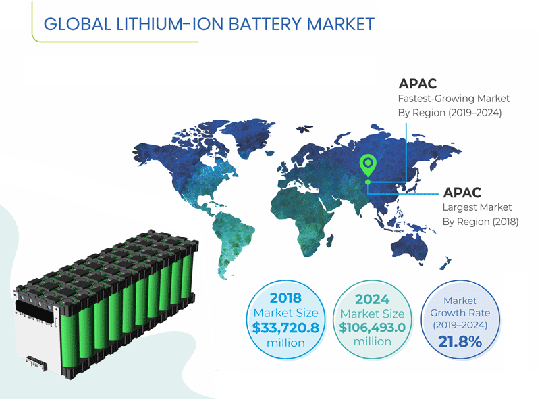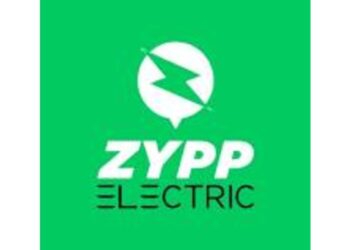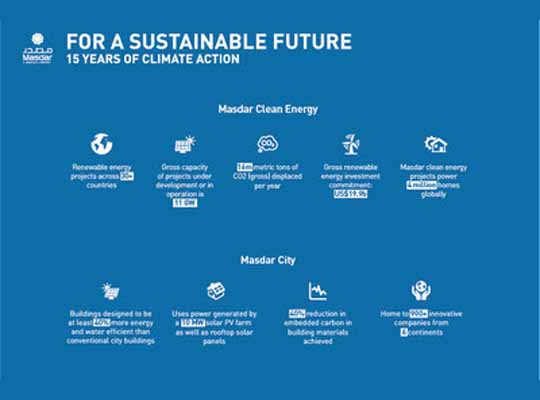NEW YORK – New Zealand joined the Electric Vehicles (EV) Initiative in 2019, aiming to become a carbon-free economy by 2050. With other countries around the world too taking such initiative to check the rate of environmental degradation, the demand for EVs is booming. Resultingly, the global battery management system market value is projected to grow from $5,661.0 million in 2020 to $22,279.6 million by 2030, at a 15.0% CAGR between 2021 and 2030, according to P&S Intelligence.
This is because the key component of EVs is the battery, which provides them with the propulsive power. The battery management system is needed to control and track the charging and discharging process, monitor the health of the battery, and provide information on the amount of charge remaining. Thus, the declining prices of automotive batteries, especially lithium-ion (Li-ion) batteries, are driving the battery management system market, by propelling the sales of EVs and, in turn, the demand for batteries.
Key Findings of Global Battery Management System Market
- Growing consumer electronics sales driving market
- Wired battery management systems remain more popular
- Automotive industry biggest user of battery management systems
- APAC largest and fastest-growing region in market
- Market fragmented due to presence of numerous companies
- Players launching new and improved battery management systems
During the COVID-19 pandemic, the battery management system market was negatively affected, both on the demand and supply sides. Due to the closure of automotive and consumer electronics facilities as a result of the lockdown measures taken around the world, the requirement for such systems reduced. Similarly, as the factories producing battery management systems were also shut down, the supply of such products suffered. Additionally, on account of the widespread financial distress, people did not spend much on automobiles and consumer electronics.
In the coming years, the Li-ion category will continue to generate the highest revenue in the battery management system market, based on battery type. A longer life, lower maintenance requirements, higher energy density, eco-friendliness, and better resilience make these batteries preferred among end users.
The wireless bifurcation, on the basis of connectivity, is expected to witness the higher CAGR in the battery management system market in the near future, of 54.8%. With the rising demand for reducing the wiring and the increasing adoption of the internet of things (IoT), wireless battery management systems are gaining rapid popularity.
Browse detailed report with COVID-19 impact analysis on Battery Management System Market Research Report: By Battery Type (Li-Ion, Lead–Acid, Nickel), Connectivity (Wired, Wireless), Topology (Distributed, Modular, Centralized), Vertical (Automotive, Consumer Electronics, Industrial, Aerospace & Defense, Telecommunications) – Global Industry Analysis and Forecast to 2030 – Global Industry Analysis and Demand Forecast to 2030
Asia-Pacific (APAC) is the largest battery management system market, and it will also witness the fastest revenue growth in the years to come. According to the International Energy Agency’s (IEA) Global EV Outlook 2020 report, almost 47% of the 7.2 million electric cars operational around the world in 2019 were in China. Moreover, China accounts for the largest fleet of electric two- and three-wheelers and buses in the world. Similarly, under the Faster Adoption and Manufacturing of (Hybrid &) Electric Vehicles (FAME) scheme, the Indian government is investing INR 10,000 crore in the EV sector.
Some of the most-prominent players in the global battery management system market are Leclanché SA, Nuvation Energy, Lithium Balance A/S, Eberspaecher Vecture Inc., Renesas Electronics Corporation, Storage Battery Systems LLC, Elithion Inc., Navitas Systems LLC, Cummins Inc., Panasonic Corporation, and LION Smart GmbH.













